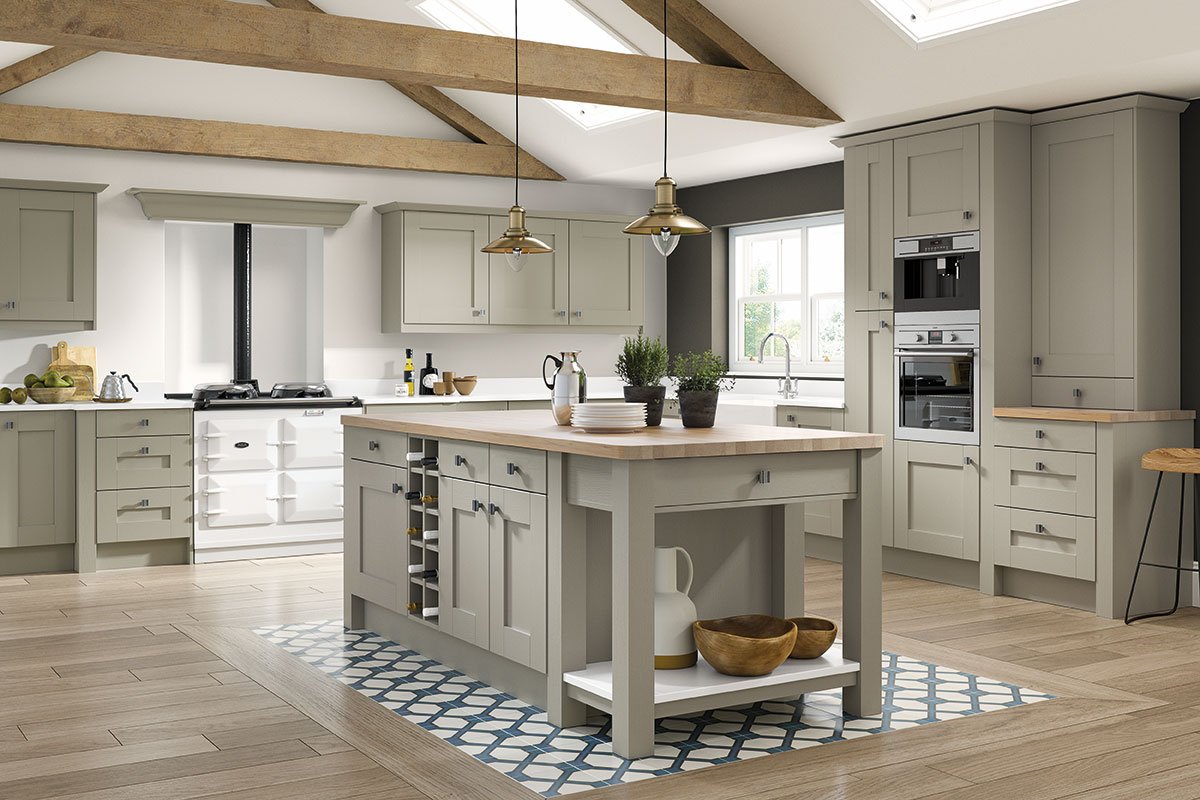Architectural Plans
Architectural Services
Contact Us
179 Edwin Road
Rainham,
Kent
ME8 0AH
Phone: 07957 350204
Email: info@architechnology.design
Company No: 12263820

If you’re planning on extending your home (especially as a first-timer), then make sure you avoid these common mistakes for your best chance at project success.
When taking on a home improvement project like adding an extension, mistakes cost money, cause hassle and can leave you feeling dissatisfied with the end result.
Making sure you are aware of the common errors that can derail your project will help you give them a wide berth so you can get the best result possible.
Ok, so you might be the exception to the rule, but a huge number of projects take longer than anticipated.
Being aware of this from the very beginning can help to manage your expectations and avoid stress, especially if you are living onsite during the project.
Submittinging a Pre Planning Application so you chat with the planners before submitting plans can help avoid delays and disappointment.
Find out what is likely to be acceptable and you will be able to get an idea of whether or not you are going to run into problems.
We all change our minds and it can sometimes be the case that once a project is underway, part of the design no longer seems the good idea it initially did. But changing your mind can have a knock on effect when it comes to both project duration and cost. Sticking to the original plan as much as possible will avoid delays and overspending.
Don’t let your project turn into a series of arguments and let-downs.
Choose tradesmen based on their previous work and trusted recommendations — not on the cheapest quote.
If you are adding bedrooms, you may well need to add a bathroom, or at least a shower room.
If you are having more than three bedrooms, you will need more than one bathroom — otherwise future buyers could be put off the house.
A surefire way to ruin any project is to get the window design wrong. If you are trying to build an extension that matches the original building, then match the windows exactly. Don’t think that plastic look-a-likes will suffice next to timber — they won’t.
Likewise, consider the impact that the new extension will have on the existing windows and light. Making existing windows smaller to accommodate a new roof, for example, can mean things start to look out of proportion.
By taking on a significant building project, like an extension, you could invalidate your existing home insurance policy. It only takes one mishap to completely derail a building project, and raise the question of who is legally, and financially, responsible.
Secure piece of mind by taking out a specialist policy for your project.
There is plenty you can do to ensure that each stage of your project gets completed with minimal fuss, meaning the next stage can commence without a delay, and the stress on you and your family is reduced.
Things that may seem low down in terms of priorities on your to-do list can actually make all the difference. Take the provision for toilets, for example. You might think you are ok with tradesmen using yours, but you may change your mind after weeks of having builders traipsing in and out of your already disrupted home with muddy boots and dusty clothes — making a tricky situation worse.
Some contractors will provide their own portable chemical toilets, which cost around £45 per week to hire.
Other opportunities to remember:
Phone: 07957 350204
Email: info@architechnology.design
Company No: 12263820